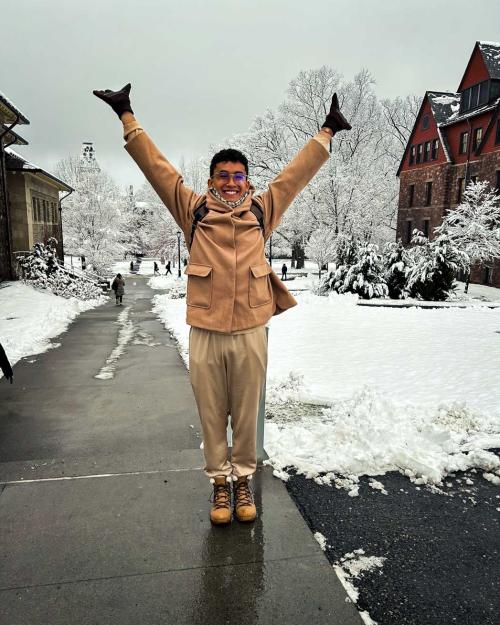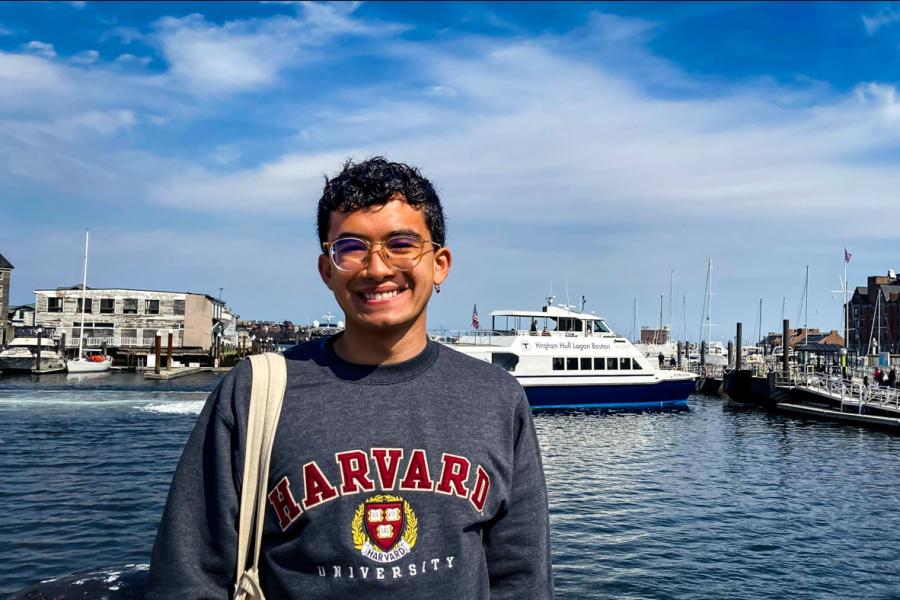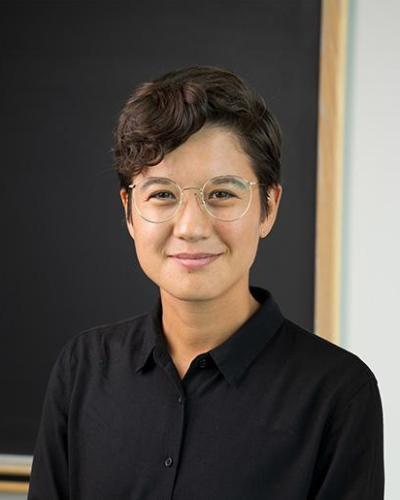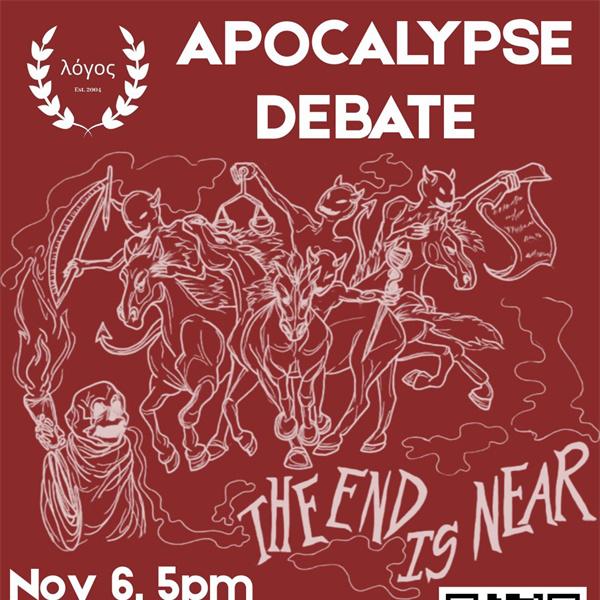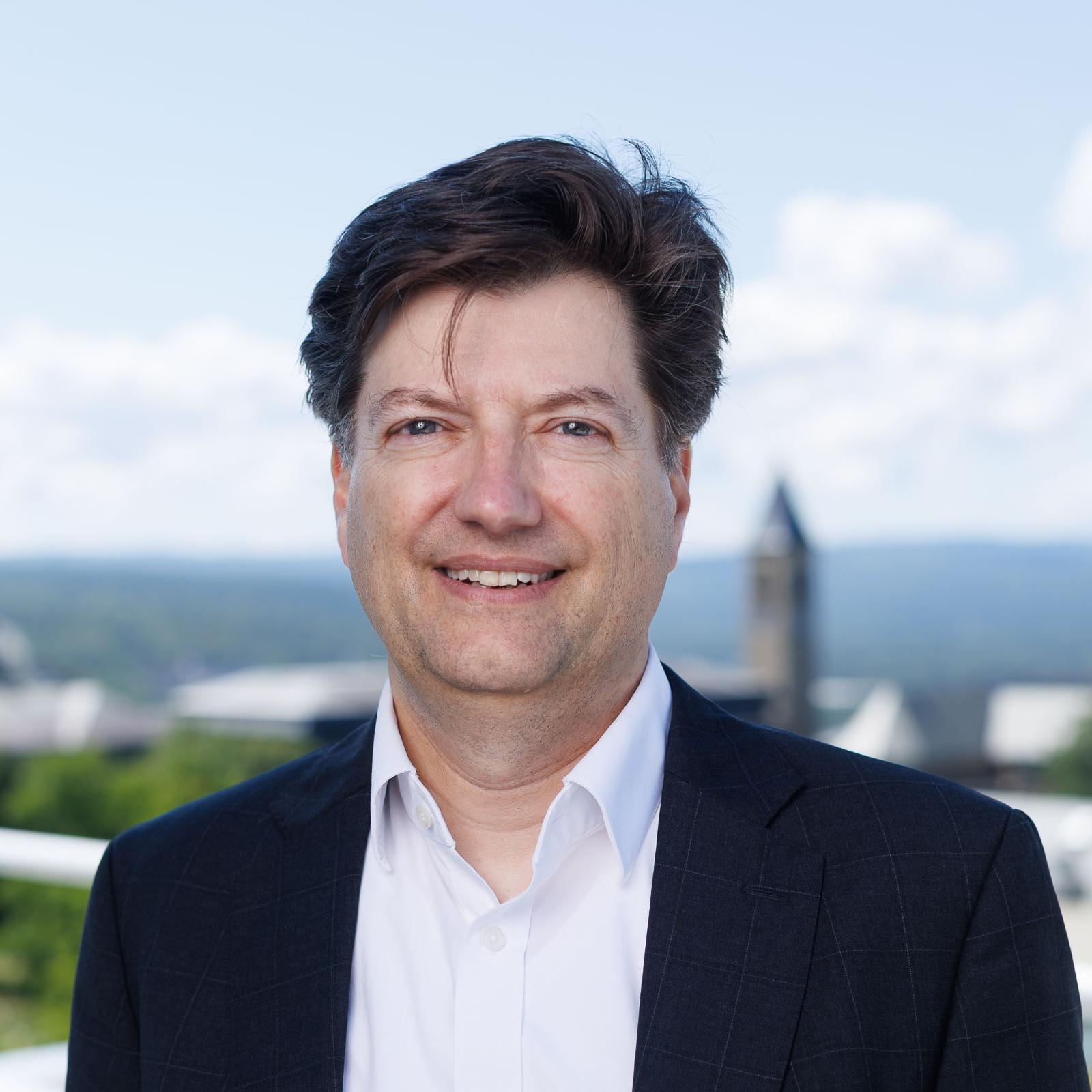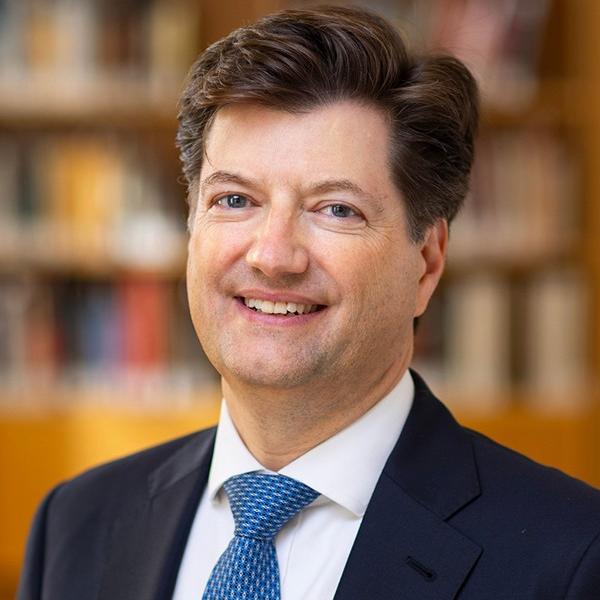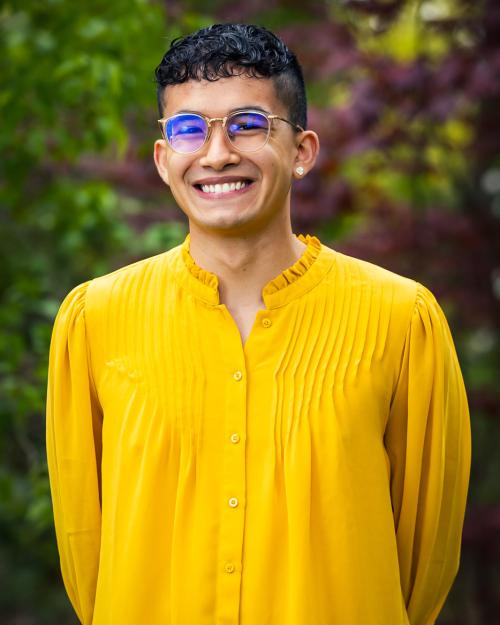Fabio Cabrera
Philosophy & German Studies
Bogotá, Colombia
What was your favorite class and why?
Any and every philosophy class I took with my mentors at the Sage School. But the class that probably touched me most deeply was Professor Kate Manne’s feminism and philosophy class. In this class, I was first exposed to the notion of hermeneutical injustice, coined by Miranda Fricker, which is the form of injustice some marginalized peoples suffer when they are
systematically denied the conceptual resources to successfully explain their experiences to others around them. Reading about hermeneutical injustice felt deeply therapeutic, somehow. I realized that, as a gay Latinx person that grew up in a very heteronormative and homophobic environment, I lacked powerful affirmative narratives about homosexuality. All I had to make sense of my gayness were stereotypes and shameful stories about gay people. And that made me adopt a fraught relationship to my own body, like I was a stranger in it. But Professor Manne’s class was deeply liberating: not only did it allow me to explain something I didn’t even have the vocabulary for previously, but also dared me to think about how to push against the often invisible forms of oppression in our daily lives. The experiences in her classroom led me to pursue an honors thesis in philosophy under her supervision, focusing precisely on the ways that being hermeneutically oppressed as queer subjects can alienate us from our bodies.
What have you accomplished as a Cornell student that you are most proud of, either inside the classroom or otherwise?
Thanks to a Humanities Scholars Summer Experience Grant, I was able to travel to Boston last summer to work on research with Professor Samantha Matherne, at Harvard’s philosophy department. We spent the summer delving into some key texts in the German tradition dealing with questions about the nature of beauty and its connections to our perceptual experience. It was an extremely enriching intellectual adventure, especially because there are not a lot of philosophy departments where you can work on these topics. But most importantly, it allowed me to form a deep connection with someone who would become a very close mentor of mine. This experience helped me realize how much successful work in the humanities depends on having a network of supportive interlocutors that challenge and nourish your writing.
Who or what influenced your Cornell education the most? How or why?
There are so many people that have radically influenced me while at Cornell, at different levels. In some ways, leaving Ithaca feels like leaving Colombia all over again – I feel like I am leaving a family of friends, mentors and loved ones behind. Of my friends, I am particularly thankful to the people I’ve met through my humanities classes, the other Colombians in the Ithaca area, and the people I have met through my jobs at Rose Dining Hall and the Writing Center. I am also very grateful to my boyfriend, Thomas Westermann, who was a resident at the Vet School when we met back in 2020. We were both stuck in Ithaca throughout the pandemic, incapable of returning to our home countries. He has been such a caring and giving partner, and one of my biggest philosophical interlocutors. And my mentors, particularly Professors Anette Schwarz and Gunhild Lischke in German studies, and Karolina Hübner, Michelle Kosch and Kate Manne in philosophy. Professor Schwarz first encouraged me to make the jump to the humanities, something that changed my academic path forever. She also made sure to provide me with support and laughter throughout the COVID years, something I am very thankful for.
If you were to offer advice to an incoming first year student, what would you say?
Trust your intellectual intuitions and let them take you to unexpected places. Some of the most life-changing classes I’ve taken at Cornell are courses I never thought I would be taking as a pre-med first year. Remember, this is probably the only time in your higher-education journey when you’ll have as much freedom to explore as Cornell gives you. And this goes until the very end of your time at Cornell. This semester, for example, I’m taking a fabulous art history seminar with Professor Ananda Cohen-Aponte about art and identity in colonial Latin America. I met Professor Cohen-Aponte two summers ago, when I was a research assistant for her, but I never got to take a class with her until the very end of my time here. I’m so glad I did! The class has completely changed how I think about race, coloniality and my personal relationship to these topics as a Colombian. I wouldn’t have thought to take that class if I didn’t trust a gut instinct that told me I would be missing out from something brilliant if I didn’t.
What are your plans for next year?
Next year I’m headed to Harvard to pursue a Ph.D. in philosophy, something I wouldn’t be doing if I hadn’t received the incredible support of my mentors in the Sage School of Philosophy. I am so grateful for how caring and encouraging they have been to me, and I am thrilled to continue writing and sharing ideas with other people.

